A Batch of Books About the Soviet Union
The Soviet Union was the largest country in the world, spanning eleven time zones and covering most of both Asia and Europe from 1922 to 1991. In my travels, I’ve visited Russia, Ukraine, Poland, the Czech Republic, and Azerbaijan among others, and I am always struck by the sheer breadth and scope of the former bloc.
Writing from the Soviet Union – and the countries that preceded and succeeded it – has long been lauded. Writers from Russia like Dostoyevsky, Solzhenitsyn, Pushkin and Tolstoy are fundamental to any consideration of literary history and achievement. In recent years, women’s voices have thankfully come more to the fore, with both Belarusian Svetlana Alexievich and Polish author Olga Tokarczuk winning the Nobel in recent years.
Plenty of international writers have significant expertise about the Soviet Union’s history, but many ‘local’ authors clearly have a lived experience that should be seen and recognised. Unfortunately, while former Soviet nations have a broad array of ethnic groups, these voices have yet to emerge in mainstream publishing, especially in translation. This list makes an effort to include work by women, as well as work by people who themselves were once considered Soviet citizens.
Fictional Soviet Union Books
A Gentleman in Moscow by Amor Towles
Placed under house arrest for life at the Hotel Metropol, Count Rostov watches the world pass outside his door. A fictional exploration of house arrest through the lens of family, friendship and love, Towles book has sat as a firm favourite with me for years.
The Time of Women by Elena Chizova
Three old women impart their stories to the illegitimate daughter of a factory worker. The narrative voices switch a lot and there is some stream of consciousness to relish, but these characters really do jump to life. This won the Russian Booker Prize in 2009.
Between Shades of Gray by Ruta Sepetys
This is a great piece of young adult fiction set in 1941, when Lina and her family are taken from their home by Soviet guards for transportation to Siberia. Sepetys is herself the daughter of a refugee and her historical novels are known for her research into first hand accounts and memories.
The Case of Comrade Tulayev by Victor Serge
In Moscow, government official Tulayev is shot dead on the street. The investigation tracks across the world, the suspects all innocent — of this crime, at least. Serge set out to explore Stalin’s purges and the story far surpasses any historical record.
Breaking Stalin’s Nose by Eugene Yelchin
Possibly the best title ever, this 2011 release is a children’s historical novel, set in Moscow during Stalin’s reign. Sasha Zaichik is a devoted Communist youth member, but when his high-ranking party member father is arrested, Sasha must establish his place in a world turned upside down.
The Dream Life of Sukhanov by Olga Grushin
Opening on a Moscow street in 1985, Anatoly Sukhanov looks back over his life of comfort and questions the choices he has made along the way. Asking key questions about the principles we give up when we never thought we would, Grushin’s work is a wide-ranging exploration of the Soviet Union from the 1950s to the 1980s.
Nonfiction Soviet Union Books
Young Stalin by Simon Sebag Montefiore
Montefiore worked as a war correspondent during the fall of the Soviet Union and has spent the years since writing — among other things — about Russian history. Young Stalin considers the rise to infamy of ‘evil personified’. Montefiore interrogates everything known about Stalin, from his prodigious studies to his wives, his terrorism and his paranoia.
The Unwomanly Face of War by Svetlana Alexievich
Women have played their role in wars for millennia — but they’re rarely mentioned on the page. Alexievich’s classic oral history from the 1970s has now been translated, and offers a significant insight into the lives of Soviet women who fought in World War II without ever being recognised. Alexievich spent years talking to tank drivers and snipers, pilots and doctors, bringing forward a totally new way of thinking about war.
A Mountain of Crumbs by Elena Gorokhova
A look inside the Brezhnev era, Gorokhova’s work shows the shabby dullness of Leningrad (St Petersburg) as she grew up there in the 1960s. The author writes about the alleged ‘bright future’ of the Soviet Union even as she plots her own exit, examining the secrets and lies behind the official party line.
God Save the USSR: Soviet Muslims and the Second World War by Jeff Eden
Released from the gulag when Stalin ended religious persecution, priests, imams and rabbis were tasked with building the Soviet citizenship toward a ‘holy war’ against Hitler. God Save the USSR focuses on the experience of Soviet Muslims, drawing on a huge array of sources to show the resurgence of devotional life, a social history that’s rarely mentioned elsewhere.
Russian Journal by Andrea Lee
Lee’s work is a travelogue, born of her stay with her husband in Russia as part of an exchange programme from Harvard in the 1970s. Lee takes a broad ranging meander through food queues and black market fashion, noting the difference between public and private lives. Widely acclaimed when it was published in the 1980s, it’s now a worthy time capsule.
Gaming the Iron Curtain by Jaroslav Švelch
A social and cultural look inside Czechoslovakia, this is a fascinating look at the gamers who smuggled hardware, hacked games and made their own controllers. Games moved through the market as the government remained unconcerned about domestic computer use. Even if you’re not a gamer, this is a genuinely fascinating look at how people make do when they have to.
Molotov’s Magic Lantern by Rachel Polonsky
Staying with family in Moscow, the author found herself inside the apartment of Stalin’s henchman Vyacheslav Molotov, admiring his library. Polosnky travels to the cities and spaces associated with his book collection and the stories of Chekhov, Dostoevsky and Pushkin. It’s an hodgepodge of unexpected things and a total joy to explore
I Named My Dog Pushkin by Margarita Gokun Silver
Gokun Silver’s book is the antithesis to much of the seriousness on this list of Soviet Union books — it’s an absolute riot of wit and humour. Arriving in the US with her parents and with firm hopes of establishing herself as American as quickly as possible, Gokun Silver depicts her triumphs and tribulations with tongue firmly in cheek. Hands down hilarious.
Want to read more Soviet Union books? Find books about the Cold War and Russian history here!

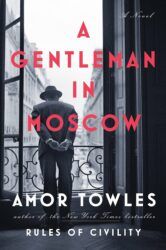
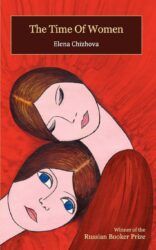
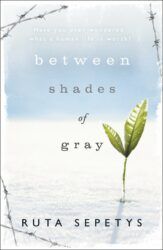

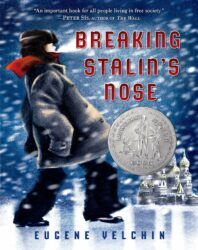
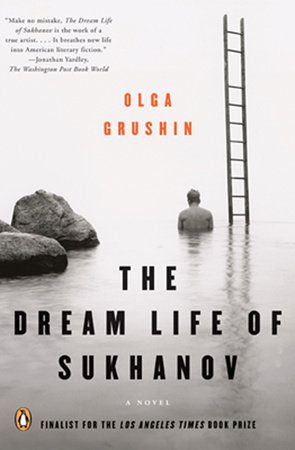
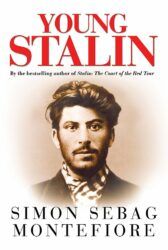
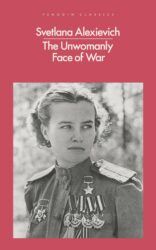
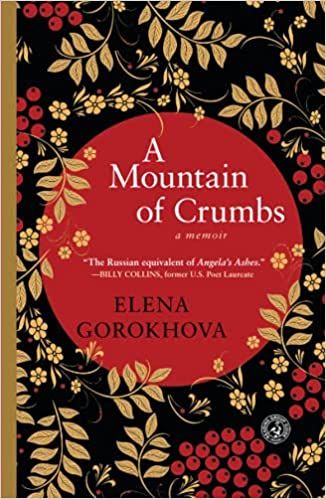


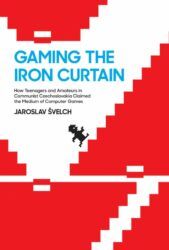
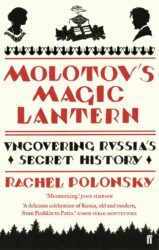
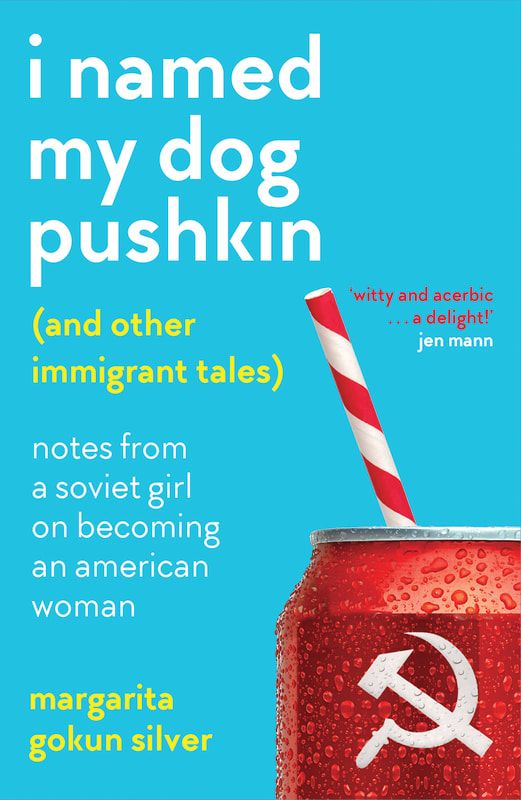
إرسال تعليق
0 تعليقات